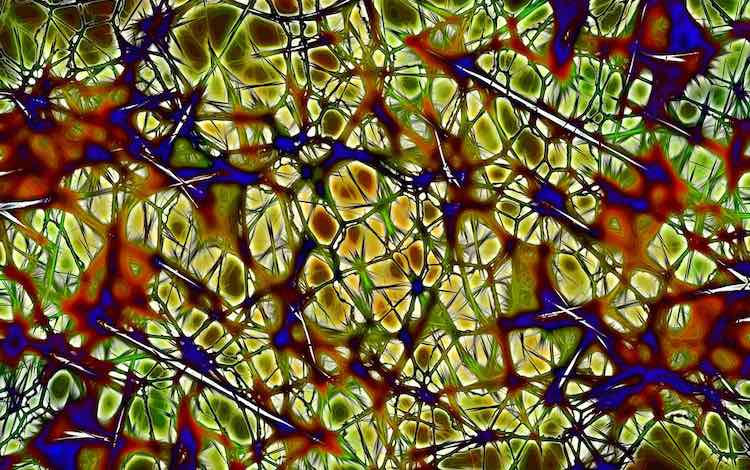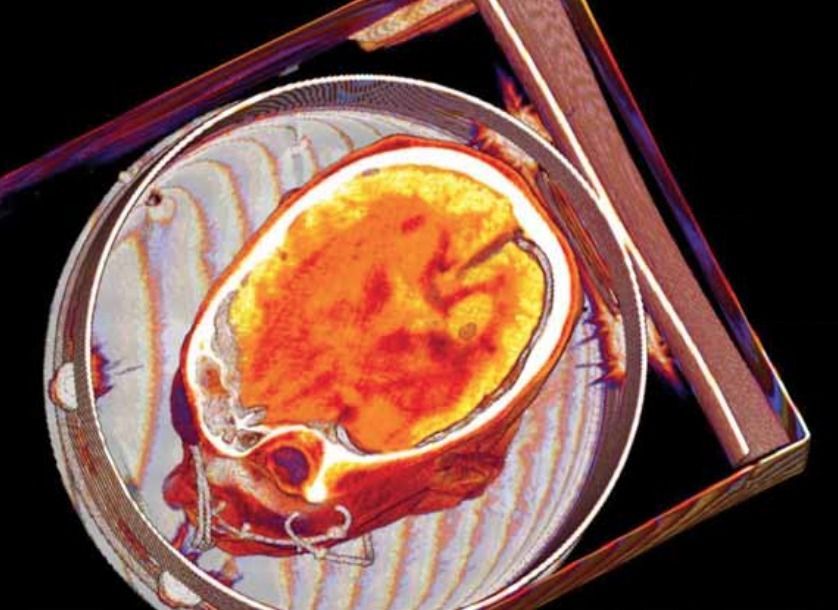Intentional homicides are estimates of unlawful homicides purposely inflicted as a result of domestic disputes, interpersonal violence, violent conflicts over land resources, intergang violence over turf or control, and predatory violence and killing by armed groups. Intentional homicide does not include all intentional killing; the difference is usually in the organization of the killing. Individuals or small groups usually commit homicide, whereas killing in armed conflict is usually committed by fairly cohesive groups of up to several hundred members and is thus usually excluded.
- Brazil crime rate & statistics for 2016 was 29.53, a 4.03% increase from 2015.
- Brazil crime rate & statistics for 2015 was 28.38, a 1.53% increase from 2014.
- Brazil crime rate & statistics for 2014 was 27.96, a 4.47% increase from 2013.
- Brazil crime rate & statistics for 2013 was 26.76, a 1.16% increase from 2012.






